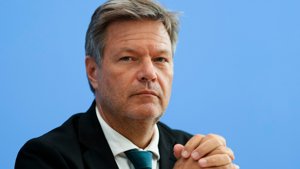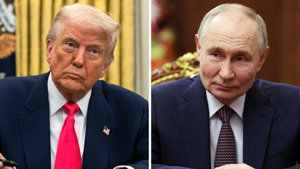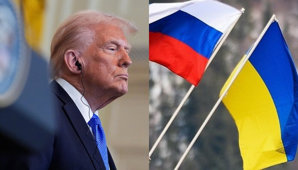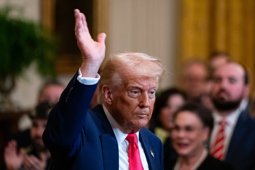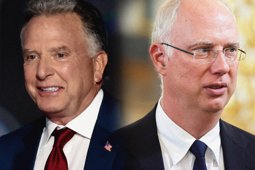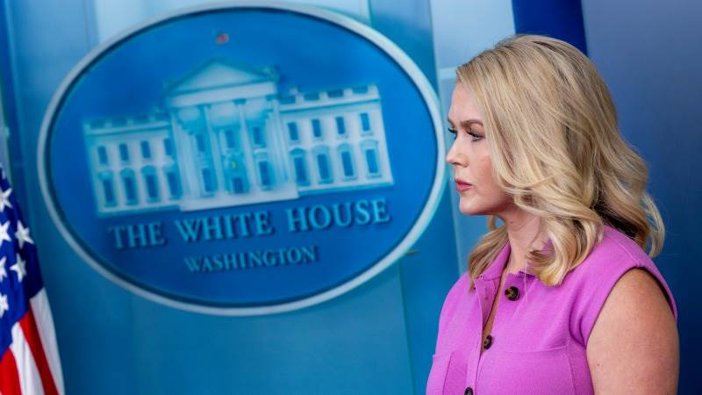
Trump Sets Global Agenda on Trade, Currency, Harvard
United States President Donald Trump will travel to the Middle East from May 13 to May 16, making stops in Saudi Arabia, Qatar, and the United Arab Emirates, according to White House Press Secretary Karoline Leavitt. While earlier reports suggested Turkey might be included in the itinerary, Leavitt made no mention of Ankara during Tuesday’s press briefing.
Beyond the upcoming diplomatic trip, Leavitt also stated that President Trump is "setting the stage" for a new trade deal with China. She highlighted that more than 18 proposals from over 100 countries have been received, all expressing interest in trade agreements with the United States. "We feel everyone involved wants to see a trade deal happen, and the ball is moving in the right direction," Leavitt said, while declining to confirm if Trump has spoken directly with Chinese President Xi Jinping.
Additionally, the White House reiterated the president’s commitment to maintaining the US dollar as the world’s reserve currency. "It’s essential for our long-term fiscal stability and economic growth," Leavitt said. She also referenced Trump’s criticism of Federal Reserve Chair Jerome Powell, asserting that the president believes the Fed has acted politically rather than prioritizing the American economy.
The briefing also addressed a lawsuit filed by Harvard University over the Trump administration's decision to suspend $2 billion in federal grants. The move followed the university's rejection of new requirements related to diversity programs and anti-semitism policies. Leavitt defended the administration’s stance, stating, “We expect all colleges and universities who are receiving taxpayer funds to abide by federal law. It’s quite simple.” She confirmed that the administration will formally respond in court.
As Trump prepares for key international engagements and legal battles at home, the administration continues to assert its policy priorities across diplomacy, trade, currency, and education.

